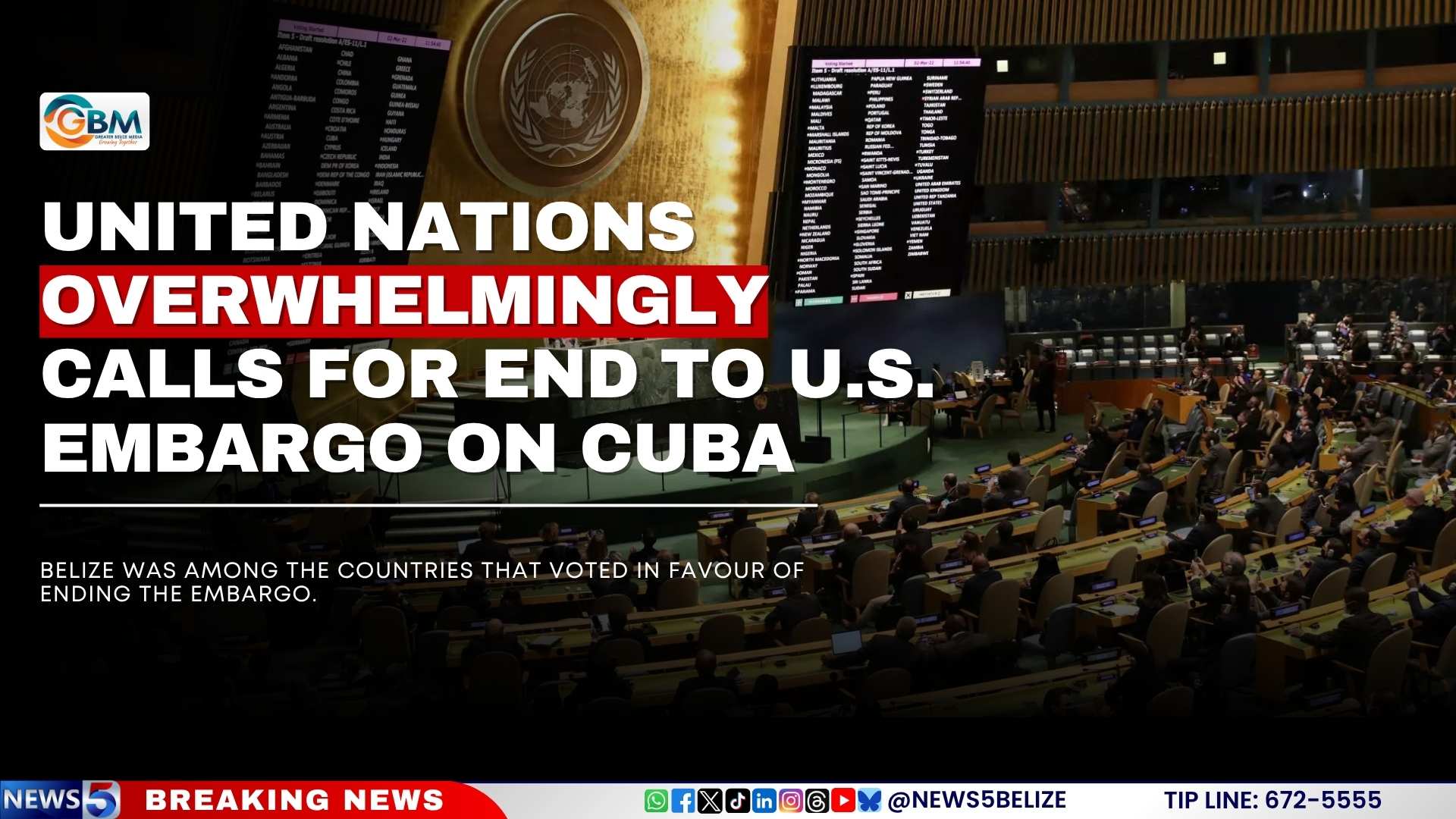In a resounding display of international consensus, the United Nations General Assembly has once again urged the United States to terminate its long-standing economic embargo on Cuba. The resolution, passed on October 29, 2025, garnered support from 165 nations, with only seven opposing and 12 abstaining. This annual vote, a tradition spanning over three decades, underscores the global community’s persistent disapproval of the embargo, which has been in effect since the Cold War era. The embargo restricts most commercial and financial interactions between the U.S. and Cuba, a policy critics argue inflicts collective punishment on the Cuban people. Despite the overwhelming support for the resolution, the U.S., alongside Israel, Argentina, Hungary, North Macedonia, Paraguay, and Ukraine, voted against it. Belize was among the nations advocating for the embargo’s end. Notably, this year’s vote reflects a slight shift from the previous year, when 187 countries supported the resolution and only the U.S. and Israel opposed it. The U.S. attempted to justify its stance by accusing Cuba of deploying troops to support Russian forces in Ukraine—a claim vehemently denied by Cuban officials. Cuban Foreign Minister Bruno Rodriguez condemned the embargo as a punitive measure, while U.S. Deputy Ambassador to the UN, Jeff Bartos, defended the policy, emphasizing Washington’s commitment to holding Cuba’s communist regime accountable. While the UN vote carries significant symbolic and political weight, it lacks the authority to lift the embargo, a decision that remains the sole prerogative of the U.S. Congress.
